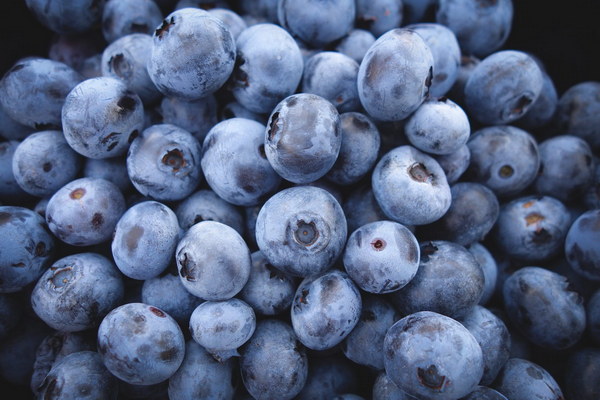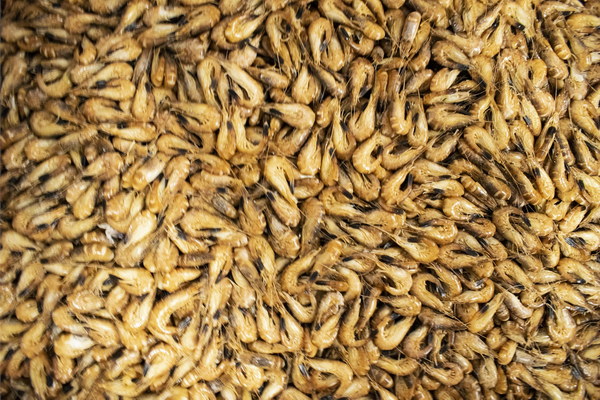Harmonizing Liver and Kidney The Distinctions Between KidneyNourishing and YinNourishing Liver Support
The Chinese medicinal tradition has long recognized the interconnectedness of the liver and kidney, two organs that play crucial roles in maintaining the body's balance and overall health. While both aim to support the liver, the approaches of kidney-nourishing and yin-nourishing liver support differ in their focus and methods. This article explores the distinctions between these two approaches to liver care, providing insight into how they each contribute to the health of the liver.
Kidney-Nourishing Liver Support: The Yin and Yang Connection
In traditional Chinese medicine (TCM), the liver and kidney are considered a complementary pair, often referred to as the liver-kidney or yin-yang relationship. This connection is based on the belief that the liver governs the storage and circulation of blood, while the kidney is responsible for storing essence (jing) and governing growth, reproduction, and the integrity of the bones and teeth.
Kidney-nourishing liver support is aimed at replenishing the kidney's yin, which in turn helps to nourish the liver's yin. This approach is often recommended for individuals who exhibit signs of kidney deficiency, such as fatigue, weakness, and low back pain. The following are key points to consider about kidney-nourishing liver support:
1. Ingredients: Common herbs used in kidney-nourishing formulas include cinnamon bark, codonopsis, andPolygonum multiflorum (He Shou Wu), which are believed to nourish the kidney yin and support the liver.
2. Therapeutic Benefits: By addressing kidney deficiency, kidney-nourishing formulas can help to improve energy levels, enhance sexual function, and alleviate symptoms associated with kidney weakness.
3. Application: This approach is suitable for those with underlying kidney issues and may be beneficial for individuals experiencing liver-related problems that are rooted in kidney deficiency.
Yin-Nourishing Liver Support: Balancing Liver Function
On the other hand, yin-nourishing liver support is focused on replenishing the liver's yin to maintain its normal function. The liver yin is essential for smooth flow of blood, regulation of emotions, and the production of bile, which aids in digestion. This approach is appropriate for individuals who exhibit signs of liver yin deficiency, such as irritability, dry eyes, and poor sleep. Here are some key aspects of yin-nourishing liver support:
1. Ingredients: Herbs commonly used in yin-nourishing formulas include rehmannia, scute, and peony root, which are believed to nourish the liver yin and promote blood circulation.
2. Therapeutic Benefits: Yin-nourishing formulas can help to alleviate symptoms of liver yin deficiency, such as irritability, hot flashes, and dry skin, while also supporting overall liver health.
3. Application: This approach is suitable for those who primarily experience liver-related issues, such as chronic stress, poor sleep, or emotional imbalances, and may benefit from addressing their liver yin deficiency.
Conclusion: A Comprehensive Approach to Liver Support

In conclusion, both kidney-nourishing and yin-nourishing liver support offer valuable strategies for maintaining liver health. While kidney-nourishing formulas focus on replenishing kidney yin to support the liver, yin-nourishing formulas directly address liver yin deficiency. It is essential for individuals to consult with a qualified TCM practitioner to determine the most appropriate treatment plan based on their specific needs and underlying imbalances.
By understanding the distinctions between these two approaches, individuals can make informed decisions about their liver care and take a holistic approach to their health. Whether addressing kidney deficiency or liver yin deficiency, both kidney-nourishing and yin-nourishing liver support contribute to the harmonious balance of the body, promoting overall well-being.









